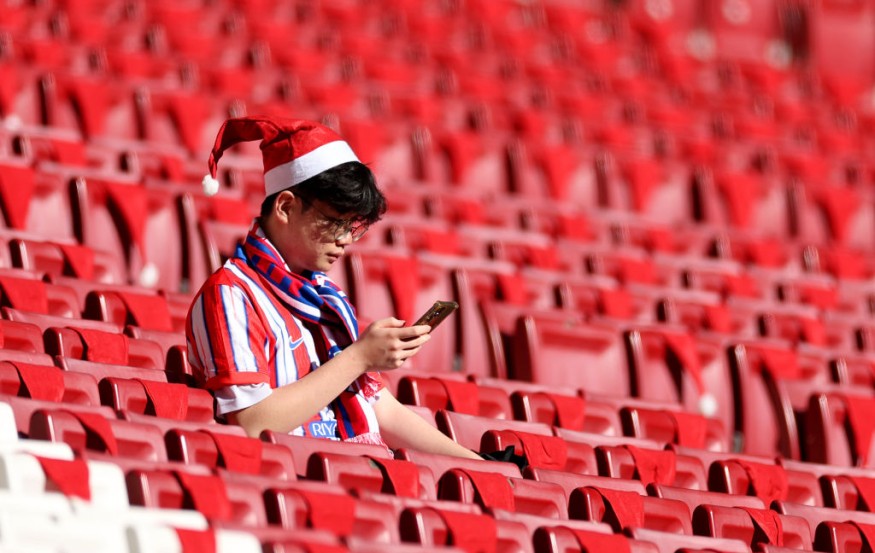
Christmas, a time of joy and tradition, is increasingly reshaped by climate change. From snowy celebrations in colder regions to tropical festivities in warmer climates, extreme weather and rising temperatures are altering how people celebrate the holiday across the globe.
Fewer White Christmases
In traditionally snowy regions, the dream of a white Christmas is fading. Warmer winters mean less snow and ice, making it harder for families to enjoy iconic activities like skating on frozen lakes.
The once-annual Elfstedentocht ice-skating race in the Netherlands hasn't occurred in over two decades due to insufficient ice. For many, the absence of these cherished traditions is a sobering reminder of how climate change disrupts even the most joyful times of the year.
Warmer Regions Face Extreme Weather
According to the BBC, in tropical countries like the Philippines, Christmas is celebrated with vibrant parols (star-shaped lanterns) and community festivities.
However, the country faces an increasing number of "Christmas typhoons." These devastating storms, fueled by rising global temperatures, bring destruction, flooding, and heartbreak during what should be a festive season.
Families often find themselves spending Christmas in evacuation centers, cleaning up mud-filled homes instead of enjoying holiday feasts.
Similarly, in Puerto Rico, hurricanes like Maria in 2017 disrupted power and damaged homes during the Christmas season. Despite the hardships, communities adapted by celebrating in the dark, holding candlelit gatherings, and leaning on traditions like parranda, a lively form of caroling, to preserve their holiday spirit.
Read more: Antarctica's Deception Island: A Volcano-Formed Sanctuary in the Heart of the Southern Ocean
Christmas Trees Under Threat
Rising temperatures and shifting weather patterns are taking a toll on Christmas tree farms. Trees struggle with heat stress, pests, and diseases, leading to slower growth, brown needles, and higher production costs.
In North Carolina, an insect infestation has wiped out 95% of the region's Fraser firs, a popular choice for Christmas trees. For some families, reusable or rented trees have become eco-friendly alternatives, CWR said.
Floods and Fires in Brazil
In Brazil, extreme weather is transforming Christmas traditions. Flooding in Goiás state has forced families to forego decorating their homes with lights, while droughts and wildfires threaten the biodiversity of the Cerrado savannah. Despite these challenges, Brazilians continue to adapt, sharing food with those in need and finding new ways to celebrate amidst adversity.
Rising Costs and Vanishing Treats
Climate change also impacts holiday meals. Extreme weather disrupts the production of cocoa, wine, and other festive staples, driving up prices and reducing availability. Families are now exploring sustainable recipes and opting for locally sourced ingredients to create climate-conscious feasts.
While climate change poses challenges, communities worldwide are finding ways to preserve the heart of Christmas: togetherness and resilience.
Adapting traditions, supporting eco-friendly practices, and embracing new ways to celebrate can ensure the holiday remains meaningful for generations to come.
© 2025 NatureWorldNews.com All rights reserved. Do not reproduce without permission.





